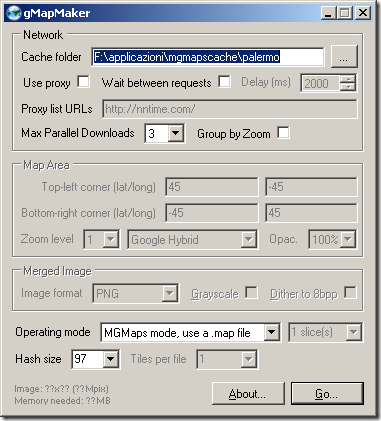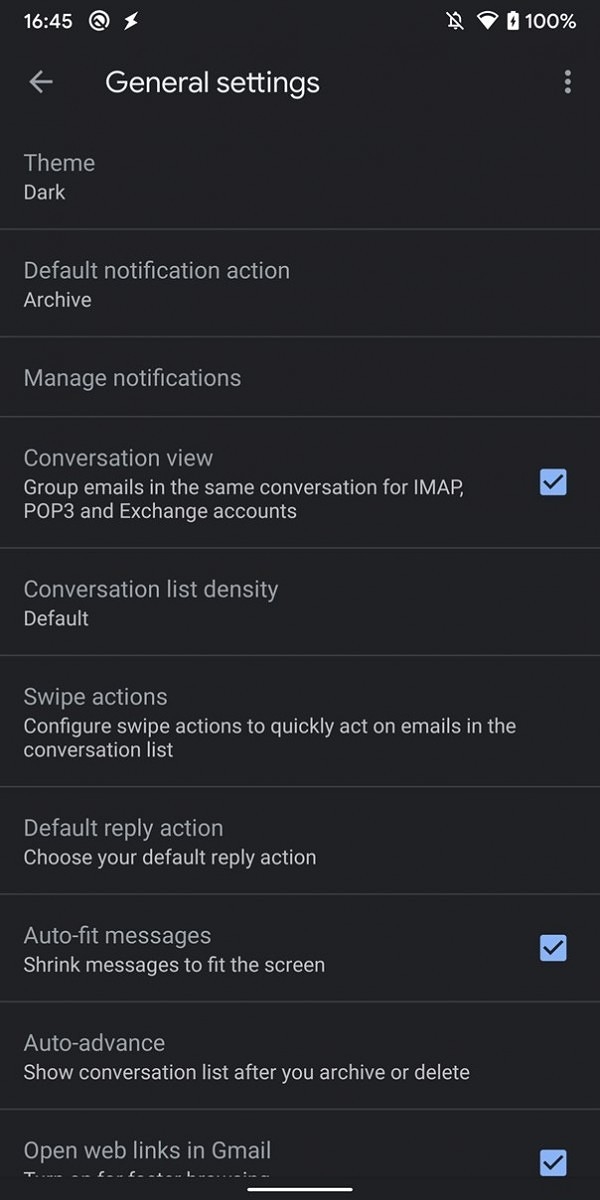

Chicago Crime: A spatially-enabled database of reported Chicago crime.But first, for inspiration take a moment to peruse some of the amazing implementations already popping up across the Web: Specifically, you’ll learn how to integrate maps into web pages, extend the mapping feature to mark locations of interest to your site users, and even display location-specific descriptors simply by clicking on the corresponding icon. In this article you’ll learn how to do exactly this.

Provided you abide by the Terms of Use, and don’t surpass 50,000 page views per day without obtaining prior permission, you’re free to use this API to embed Google’s mapping technology into your website. You might be surprised to know Google offers a free Application Programming Interface (API) that makes doing so pretty trivial. Wouldn’t it be great to incorporate Google’s mapping capabilities into your applications, taking advantage of not only its enormous database, but also the eminently cool interface that comes with it?

Surely you’ve played around with this website, perhaps entering your or other addresses of interest, and marveled as how the site responded to zooming and dragging around on the map in seeming real-time.

Perhaps the most famous applications embracing the Ajax model is Google Maps. This notion seems to have revitalized the Web development community’s goal of creating applications that are as rich and responsive as any desktop-based application, but with the added advantage of accessibility via the ubiquitous web browser. The most recent development to catch the eye of developers worldwide is the so-called Ajax model, shorthand for Asynchronous JavaScript + XML. And as the Web platform continues to mature, we’re seeing an increasing number of amazing technologies that will take our applications to new levels of power and usability. Regardless, it seems particularly applicable to those of us steeped in Web development, as the last ten years have truly proved to be a whirlwind of excitement. Sci-fi author Duncan Munro’s 1950 short story “U-Turn” includes a well-known passage that reads, “May you live in interesting times.” I haven’t actually read the story, therefore can’t say whether it was meant as a blessing or a curse.


 0 kommentar(er)
0 kommentar(er)
